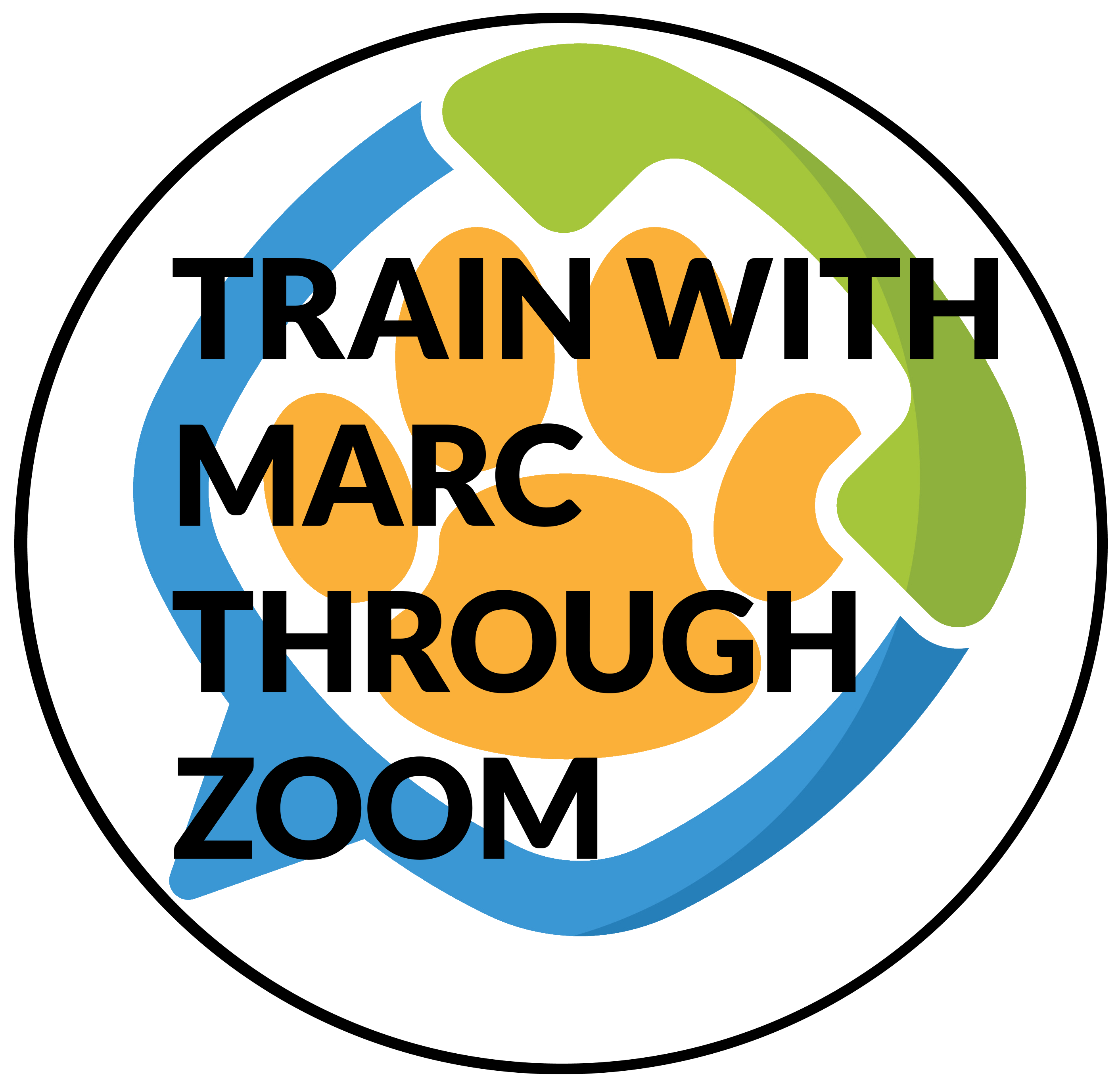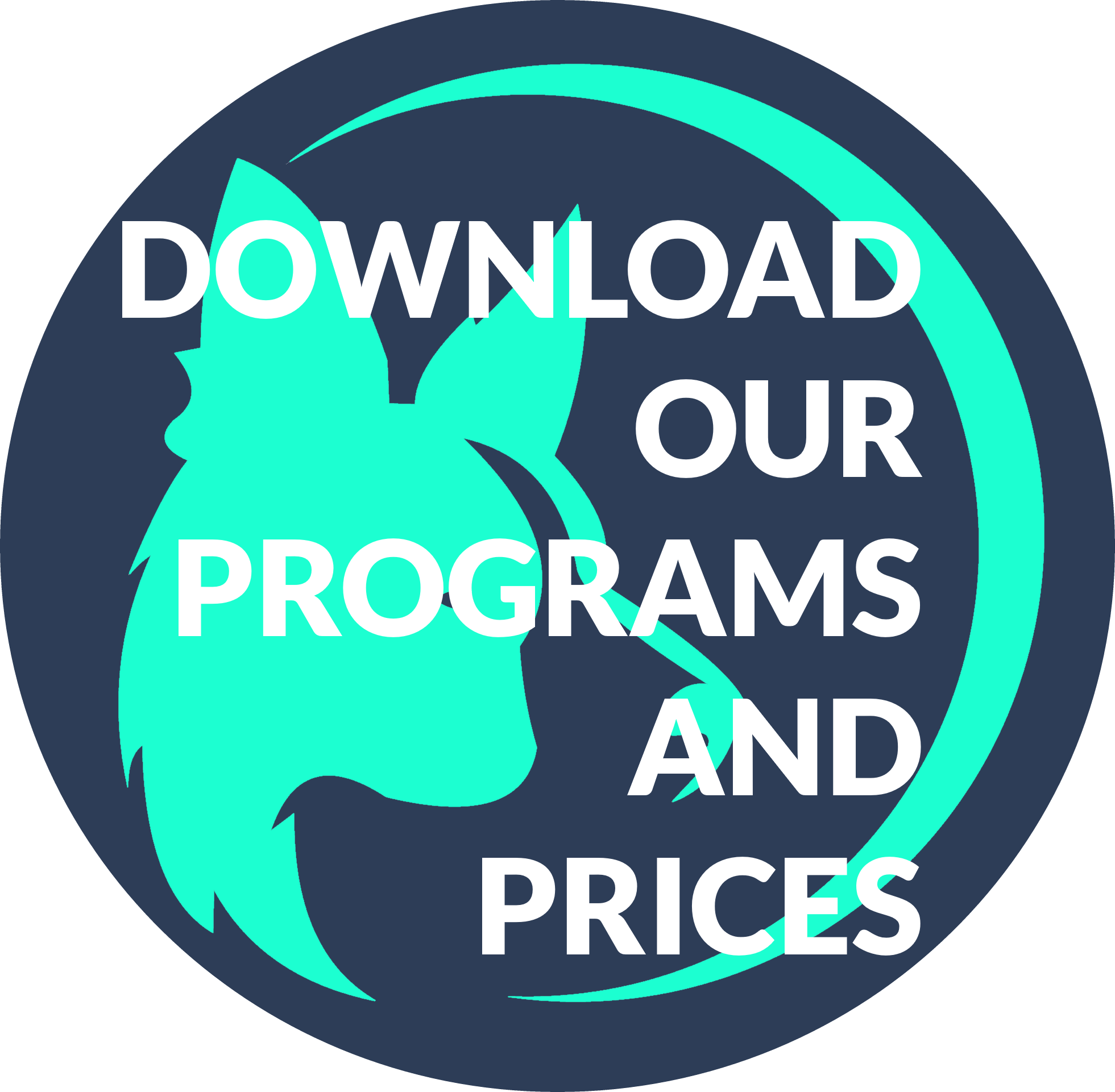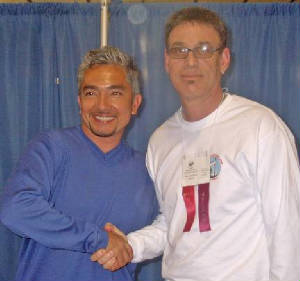Your New Puppy’s New Home
Bringing a puppy home is one of most exciting events in the entire pet ownership experience. There's nothing quite like the feeling we get when we bring our new best friend to his new home for the first time. It is just amazing. However, this feeling of excitement is not always shared by the puppy. As humans who orchestrated this event, we understand exactly what is happening. The puppy on the other hand hasn't a clue as to what it all means.
You've already made a commitment to your Chicago puppy, to but he doesn't know that yet.
From his perspective, everything he's known his entire life, his mom, his brothers and sisters, the kindly breeders even his familiar stomping grounds have just been removed suddenly and as he is soon to realize, permanently. This can be quite stressful. It can get worse when he's constantly being handled by relative strangers and not allowed to explore this new place.
In order to make this transition as easy for the puppy as possible, I recommend that you keep his homecoming a small affair with only immediate family involved. People should remain calm and pleasant, children especially should be encouraged to not frighten the puppy by speaking too loudly or grabbing at him too much. Demonstrate how to speak in front of the puppy by keeping your voice calm and low key. Shouting at the children because they are being loud will not help the puppy adjust, it will only make matters worse.
The puppy should be shown right away where his water is kept and taken to the door to show how to get outside. He probably doesn't know why he has to go outside yet, but that will come in time. It's still very helpful to show him how to get there right at the start. A little bit of water can be offered right away, but go easy on food in the first hour, especially if he's had a long car ride. We don't want him getting sick on your floor.
I recommend your Chicago puppy be closely supervised but allowed to explore at his pace. If he gets into something he shouldn't try moving him away from the place. Repeat this process until the puppy gets tired of your constant interruptions and moves onto something else. Constantly using the word "no" won't much help, so best to be quiet and gentle, but persistent.
It's a good idea to keep your puppy on a leash during this process. This will ensure that you have the ability to get a hold of him when you need to and will help establish the right kind of calm behavior in the house. Without a leash, you'll quickly find yourself grabbing your new Chicago dog on a constant basis. This will only teach him to avoid you.
With a little care, you can make your puppy's homecoming a much more pleasant experience for him than it might otherwise be. So take the time to prepare properly for you new puppy and be ready to help him adjust to his new life. A lot is changing for him and it will be a while before it all makes sense. But these steps will help aid the transition.
Marc Goldberg, CDT offers a special, private class for new puppy owners in the Chicago area. Called the Puppy Pack Leader program, you can easily learn how to housebreak your puppy, stop chewing and nipping and get the right start in your home. If you've already got some problems, we are here to get you back on track. Just call Marc Goldberg at ChicagoDogTrainer.com for a chat about how he can help you get the best from your best friend.
Our Philosophy & Goals
Our philosophy is simple. Improve the life of both dog and family. All too often, unruly dogs do not fully enjoy life because their families constantly become upset and frustrated with them. This is difficult for both family and dog.
Our mission is simple. Make both dog and family happy.
What does is take to make your dog happy? He will thrive when you give him leadership and attention.

Making the family happy is a bit more complex.
Families typically want their dog to:
- Come when called, every time, on or off leash
- Walk nicely on a loose leash without pulling
- Sit until released
- Down until released
Families also want their dogs:
- Not to jump on people
- Not to charge through doors
- Not to dig in the garden
- Not to bark and chew inappropriately
- Not to climb on furniture you prefer they avoid
- Not to sniff and eat off the table and counters.
- Not to be wild and uncontrollable
- Not to ignore you when you want their attention




